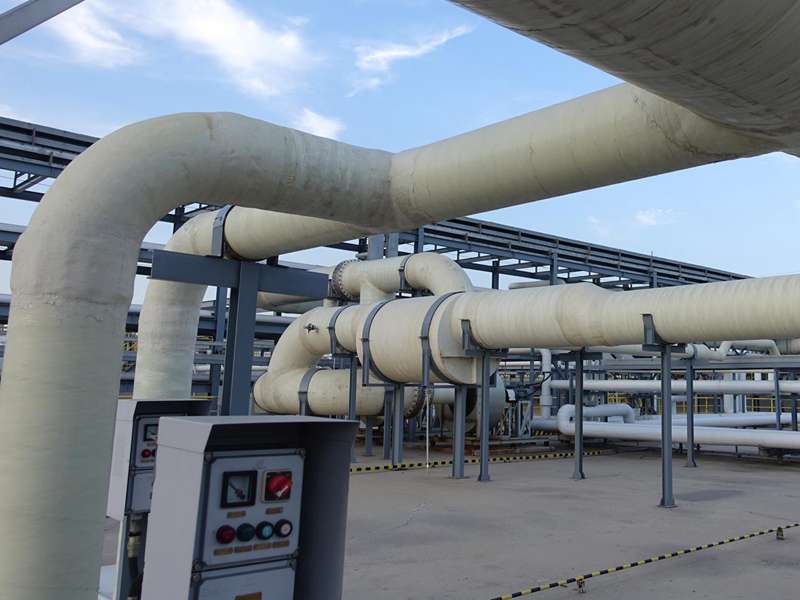
-
 Afrikaans
Afrikaans -
 Albanian
Albanian -
 Amharic
Amharic -
 Arabic
Arabic -
 Armenian
Armenian -
 Azerbaijani
Azerbaijani -
 Basque
Basque -
 Belarusian
Belarusian -
 Bengali
Bengali -
 Bosnian
Bosnian -
 Bulgarian
Bulgarian -
 Catalan
Catalan -
 Cebuano
Cebuano -
 China
China -
 China (Taiwan)
China (Taiwan) -
 Corsican
Corsican -
 Croatian
Croatian -
 Czech
Czech -
 Danish
Danish -
 Dutch
Dutch -
 English
English -
 Esperanto
Esperanto -
 Estonian
Estonian -
 Finnish
Finnish -
 French
French -
 Frisian
Frisian -
 Galician
Galician -
 Georgian
Georgian -
 German
German -
 Greek
Greek -
 Gujarati
Gujarati -
 Haitian Creole
Haitian Creole -
 hausa
hausa -
 hawaiian
hawaiian -
 Hebrew
Hebrew -
 Hindi
Hindi -
 Miao
Miao -
 Hungarian
Hungarian -
 Icelandic
Icelandic -
 igbo
igbo -
 Indonesian
Indonesian -
 irish
irish -
 Italian
Italian -
 Japanese
Japanese -
 Javanese
Javanese -
 Kannada
Kannada -
 kazakh
kazakh -
 Khmer
Khmer -
 Rwandese
Rwandese -
 Korean
Korean -
 Kurdish
Kurdish -
 Kyrgyz
Kyrgyz -
 Lao
Lao -
 Latin
Latin -
 Latvian
Latvian -
 Lithuanian
Lithuanian -
 Luxembourgish
Luxembourgish -
 Macedonian
Macedonian -
 Malgashi
Malgashi -
 Malay
Malay -
 Malayalam
Malayalam -
 Maltese
Maltese -
 Maori
Maori -
 Marathi
Marathi -
 Mongolian
Mongolian -
 Myanmar
Myanmar -
 Nepali
Nepali -
 Norwegian
Norwegian -
 Norwegian
Norwegian -
 Occitan
Occitan -
 Pashto
Pashto -
 Persian
Persian -
 Polish
Polish -
 Portuguese
Portuguese -
 Punjabi
Punjabi -
 Romanian
Romanian -
 Russian
Russian -
 Samoan
Samoan -
 Scottish Gaelic
Scottish Gaelic -
 Serbian
Serbian -
 Sesotho
Sesotho -
 Shona
Shona -
 Sindhi
Sindhi -
 Sinhala
Sinhala -
 Slovak
Slovak -
 Slovenian
Slovenian -
 Somali
Somali -
 Spanish
Spanish -
 Sundanese
Sundanese -
 Swahili
Swahili -
 Swedish
Swedish -
 Tagalog
Tagalog -
 Tajik
Tajik -
 Tamil
Tamil -
 Tatar
Tatar -
 Telugu
Telugu -
 Thai
Thai -
 Turkish
Turkish -
 Turkmen
Turkmen -
 Ukrainian
Ukrainian -
 Urdu
Urdu -
 Uighur
Uighur -
 Uzbek
Uzbek -
 Vietnamese
Vietnamese -
 Welsh
Welsh -
 Bantu
Bantu -
 Yiddish
Yiddish -
 Yoruba
Yoruba -
 Zulu
Zulu
frp vessel
FRP (Fiber Reinforced Plastic) vessels have become increasingly popular in various industries due to their exceptional properties and advantages over traditional materials like metal or concrete. These vessels are made of a polymer matrix reinforced with fibers, typically glass or carbon, which enhances their strength and durability. As industries seek lightweight and corrosion-resistant alternatives, FRP vessels have emerged as a practical solution.
One of the primary benefits of FRP vessels is their remarkable resistance to corrosion. Unlike metal vessels that can rust and degrade over time when exposed to harsh chemicals or environments, FRP vessels maintain structural integrity and performance. This makes them ideal for use in chemical processing, waste treatment facilities, and water storage applications, where exposure to aggressive substances is common.
.
Furthermore, the design flexibility of FRP materials allows for a variety of shapes and sizes, catering to specific industrial requirements. Manufacturers can create customized solutions that meet the unique needs of their clients, whether that involves intricate shapes for storage tanks or specialized configurations for piping systems. This adaptability helps industries optimize their operations and improves overall efficiency.
frp vessel

In addition to these benefits, FRP vessels are also recognized for their excellent thermal insulation properties. This can be particularly advantageous in applications where temperature control is essential, such as in the food processing industry or in transporting sensitive chemicals. Maintaining the desired temperature in these conditions ensures product quality and safety.
It is important to note, however, that while FRP vessels offer various advantages, they also require proper maintenance and care to maximize their lifespan. Regular inspections and adherence to manufacturer guidelines can prevent potential issues and ensure that these vessels continue to perform effectively over time.
In conclusion, FRP vessels represent a modern solution to many of the challenges faced by traditional materials in industrial applications. With their outstanding resistance to corrosion, lightweight nature, design flexibility, and thermal insulation properties, these vessels are poised to play an essential role in the future of various sectors, driving efficiency and sustainability in numerous engineering applications.
Latest news
-
Exploring the Benefits of Top Hammer Drifter Rods for Enhanced Drilling PerformanceNewsJun.10,2025
-
High-Precision Fiberglass Winding Machine for GRP/FRP Pipe Production – Reliable & Efficient SolutionsNewsJun.10,2025
-
FRP Pipes & Fittings for Shipbuilding - Corrosion-Resistant & LightweightNewsJun.09,2025
-
Premium FRP Flooring Solutions Durable & Slip-ResistantNewsJun.09,2025
-
Premium Fiberglass Rectangular Tanks Durable & Lightweight SolutionNewsJun.09,2025
-
Tapered Drill String Design Guide Durable Performance & UsesNewsJun.09,2025









